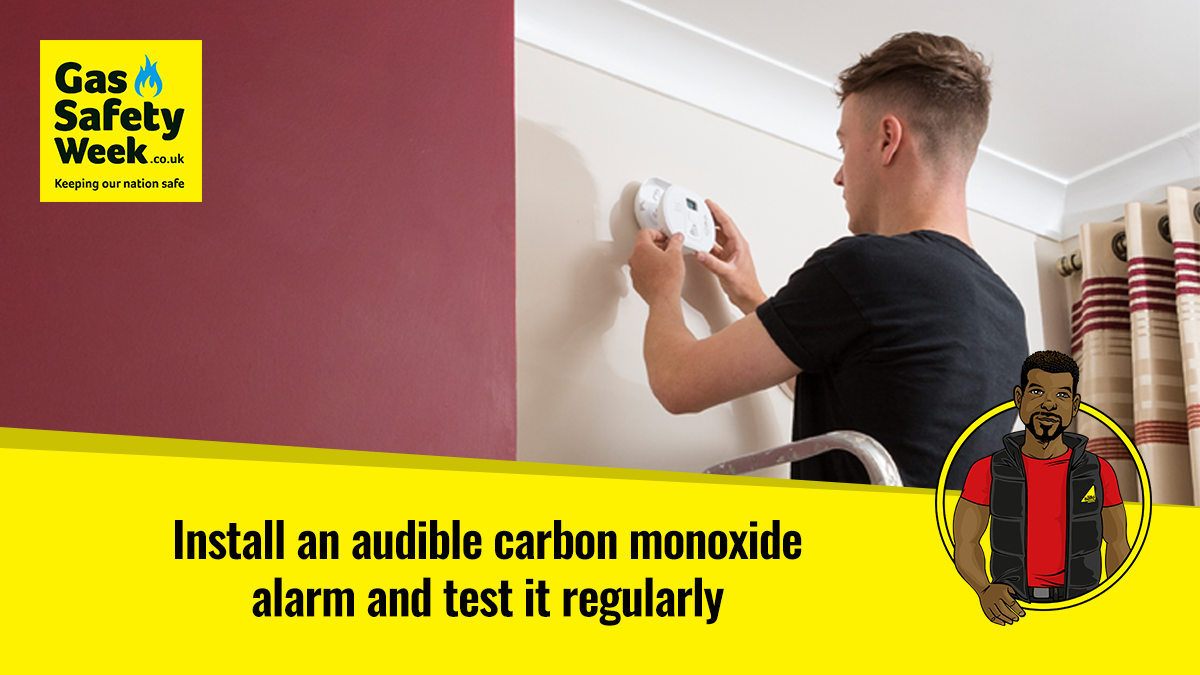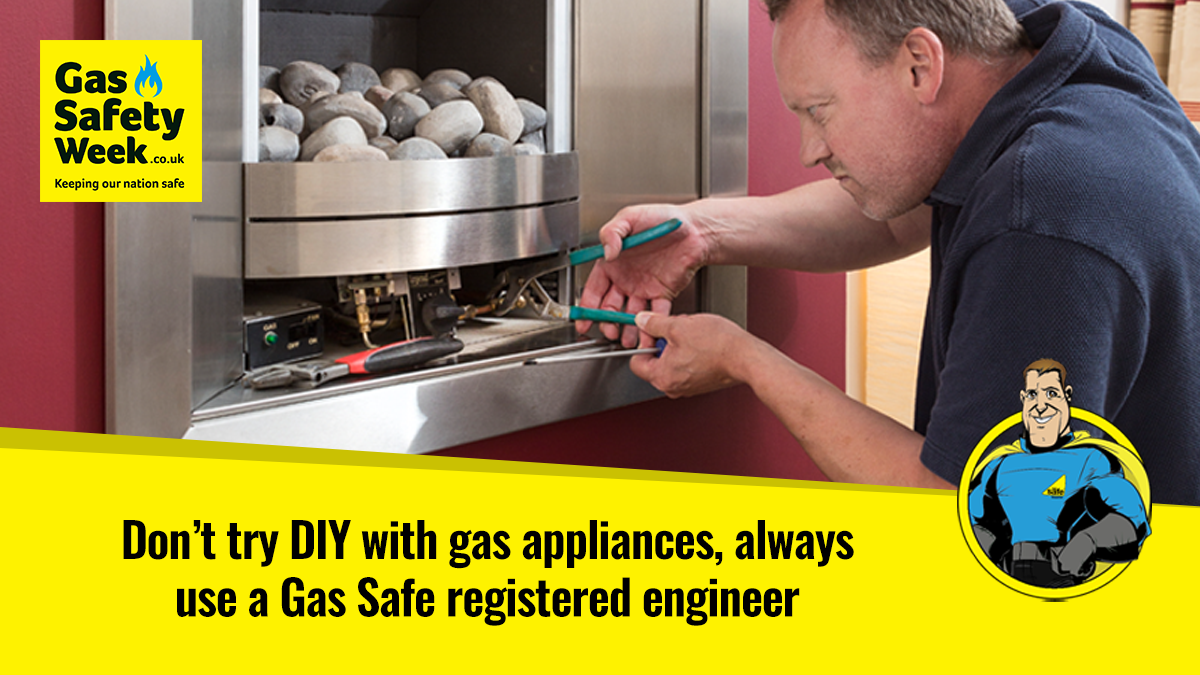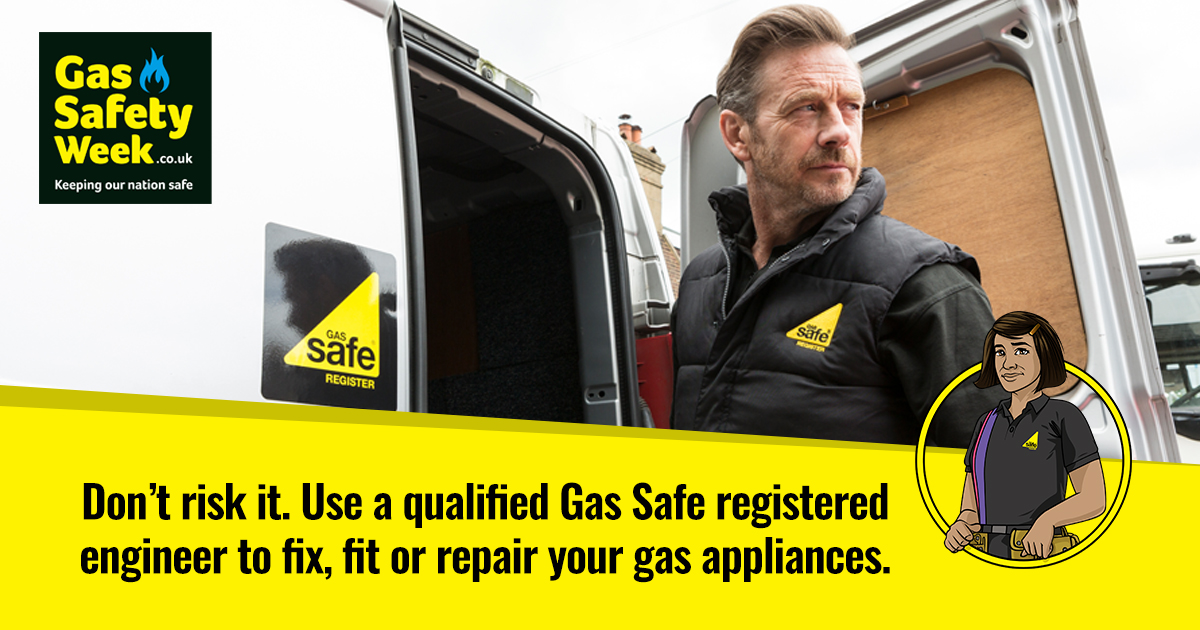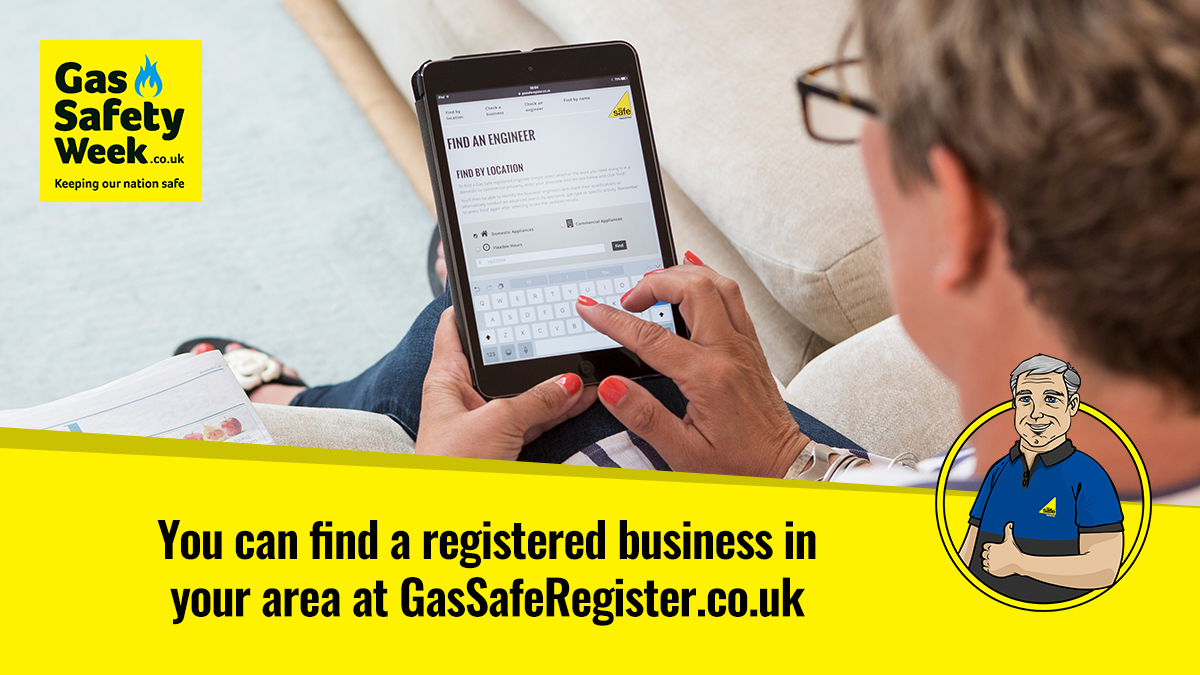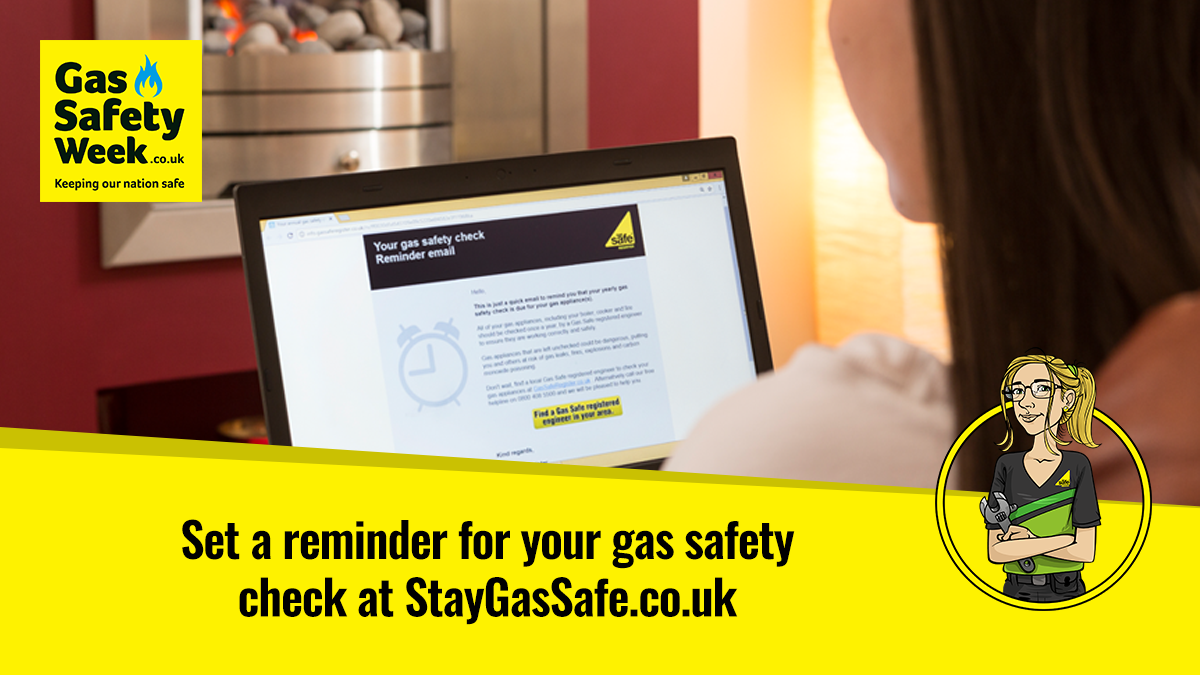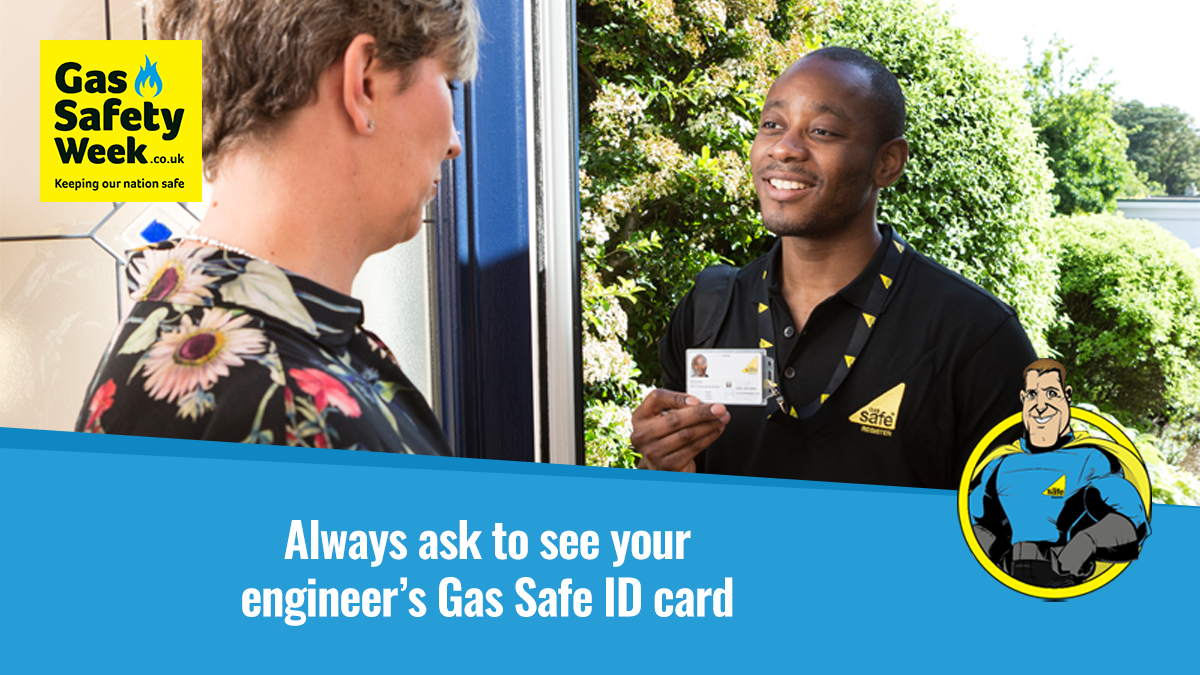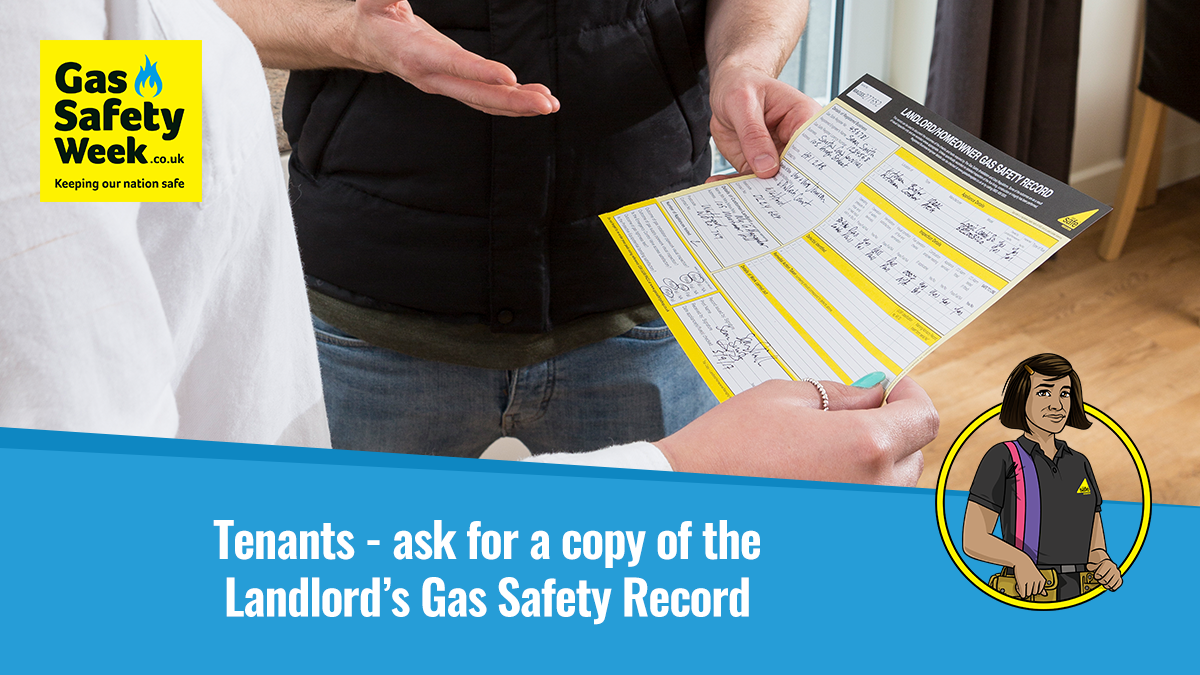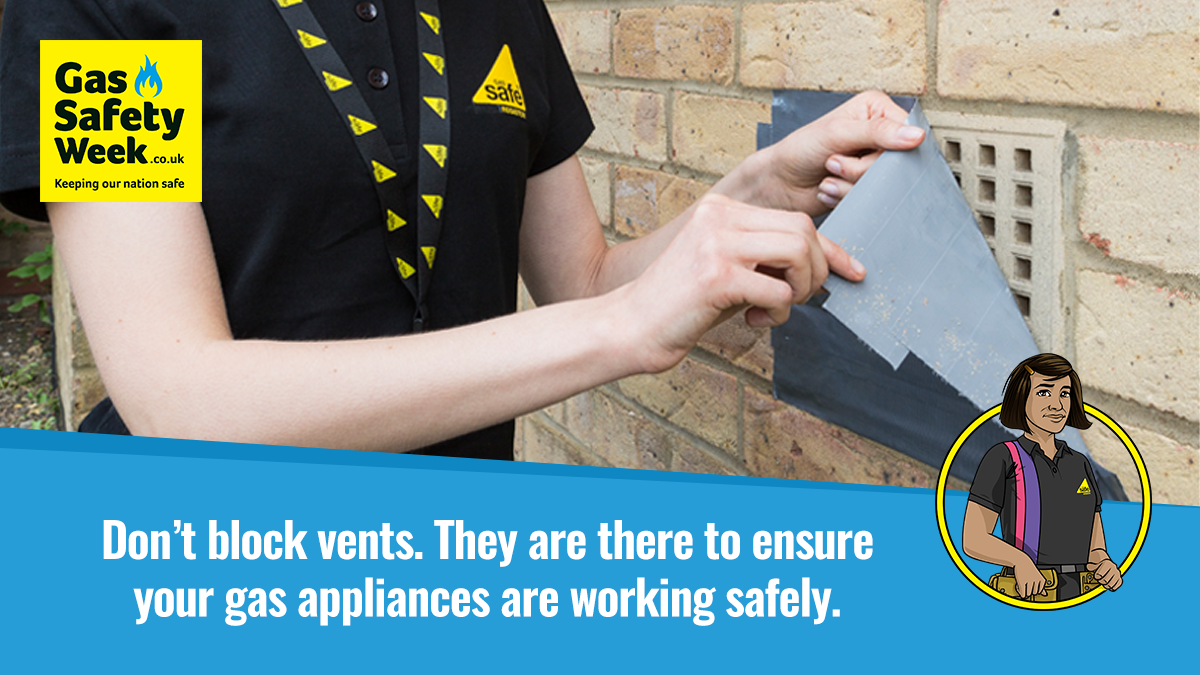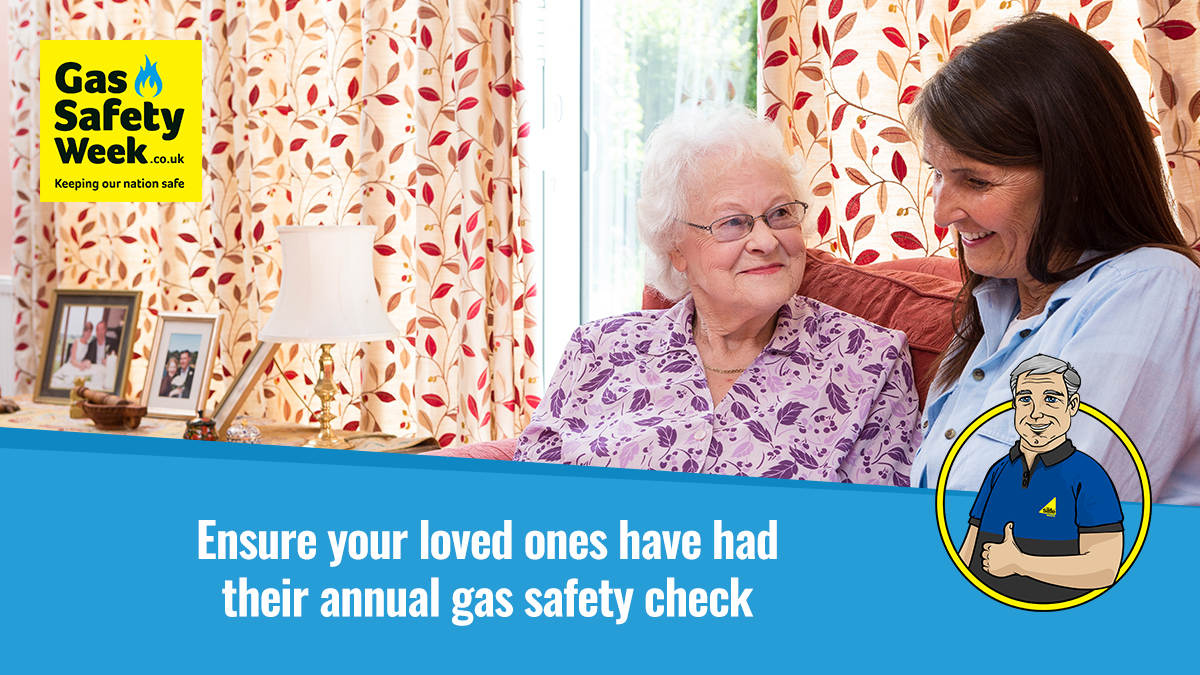We are proud to be supporting Gas Safety Week 2021, taking place 13th – 19th September.
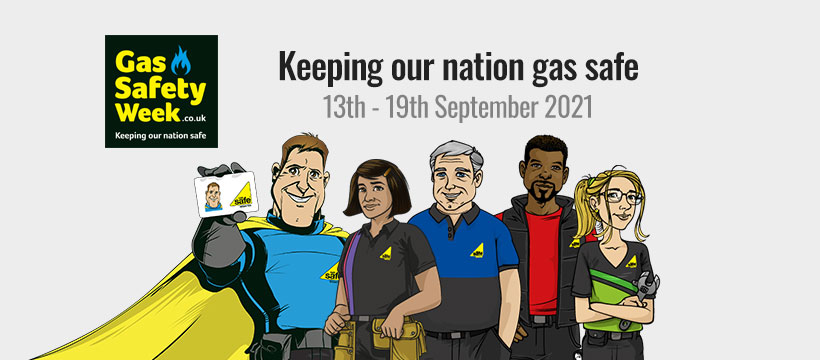
Gas Safety Week is an annual safety week to raise awareness of gas safety and the importance of taking care of your gas appliances. It is coordinated by Gas Safe Register, the official list of gas engineers who are legally allowed to work on gas.
Badly fitted and poorly serviced gas appliances can cause gas leaks, fires, explosions and carbon monoxide (CO) poisoning. CO is a highly poisonous gas that can kill quickly and without warning, as you cannot see it, taste it or smell it.
By taking care of your gas appliances properly you are taking care of your home and your loved ones.
Follow these few simple checks to keep you and your family safe.
1. Install an audible carbon monoxide alarm and check it regularly.
Check it is marked EN50291 and displays the British Standards' Kitemark. Read the instructions carefully as it will tell you where and how the alarm should be fitted. Carbon monoxide detectors are not placed on the ceiling like smoke detector's as the deadly gas does not rise the same as smoke. Remember to check on your friends and relatives to ensure that they have one too.
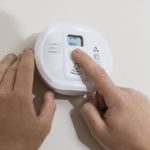
2. Check for warning signs that could indicate faulty gas appliances.
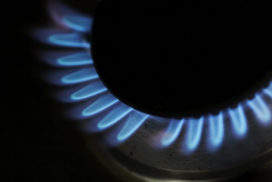
Carbon monoxide can be produced when poorly maintained, incorrectly fitted or badly repaired appliances do not burn gas completely. Look out for the following signs that could indicate that a gas appliance is not working correctly, and CO may be present in the house:
• Floppy yellow or orange flame on your gas hob, rather than a crisp blue flame
• Dark, sooty staining on or around gas appliances
• Pilot lights that frequently blow out
• Increased condensation inside windows
3. Don't try to DIY with gas appliances.
Always use a Gas Safe registered engineer. You can find or check an engineer at GasSafeRegister.co.uk or call 0800 408 5500.

4. Check your gas appliances every year.
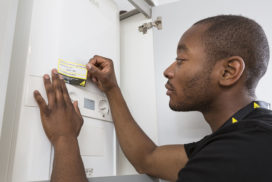
Gas appliances should be safety checked once a year and serviced regularly by a Gas Safe registered engineer. Set a reminder so you don’t forget at StayGasSafe.co.uk.
Tenants – make sure your landlord arranges this and you should also ask for a copy of the Landlord's Gas Safety Record.
5. Always ask to see your engineer's Gas Safe ID card
This ID proves they are Gas Safe registered. On the back of the ID, you will find the information to see if they are qualified for the type of gas work you need doing e.g. natural gas, domestic boiler.
You can find or check an engineer at GasSafeRegister.co.uk or call 0800 408 5500.
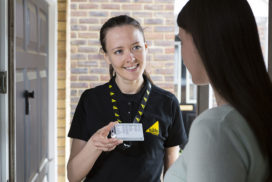
6. Know the six main symptoms of carbon monoxide poisoning
Carbon monoxide (CO) is a poisonous gas which has no taste, colour or smell. It can make you feel seriously ill and can kill quickly without warning.

If you're suffering from any of the symptoms above and feel better when you leave the house, it could be CO poisoning. If you're concerned you or someone in your household may be suffering from carbon monoxide poisoning, make sure you do the following:
✓ Get fresh air immediately
✓ Open all doors and windows, switch off gas appliances and leave the house
✓ Contact your GP, who can check and advise if you need treatment for carbon monoxide poisoning
✓ If you're concerned there is immediate danger, call the gas emergency helpline on 0800 111 999 (mainland GB), 0800 002 001 (Northern Ireland) or look up the number for your UK region by clicking here
7. Look out for friends and relatives.
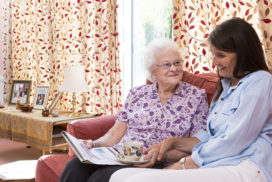
You may have a friend, relative or neighbour who is unable to arrange their own gas safety check or are unaware of what they need to do to keep safe. Help them stay safe by ensuring that they have their appliances checked and serviced regularly.
For more gas safety advice and to find or check an engineer visit the Gas Safe Register website at GasSafeRegister.co.uk. Alternatively call the free helpline on 0800 408 5500.
